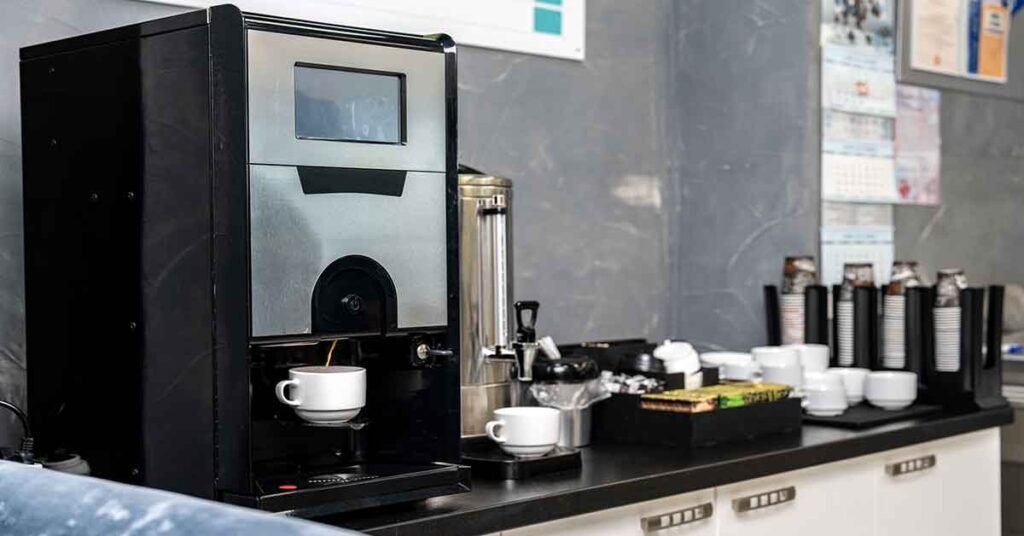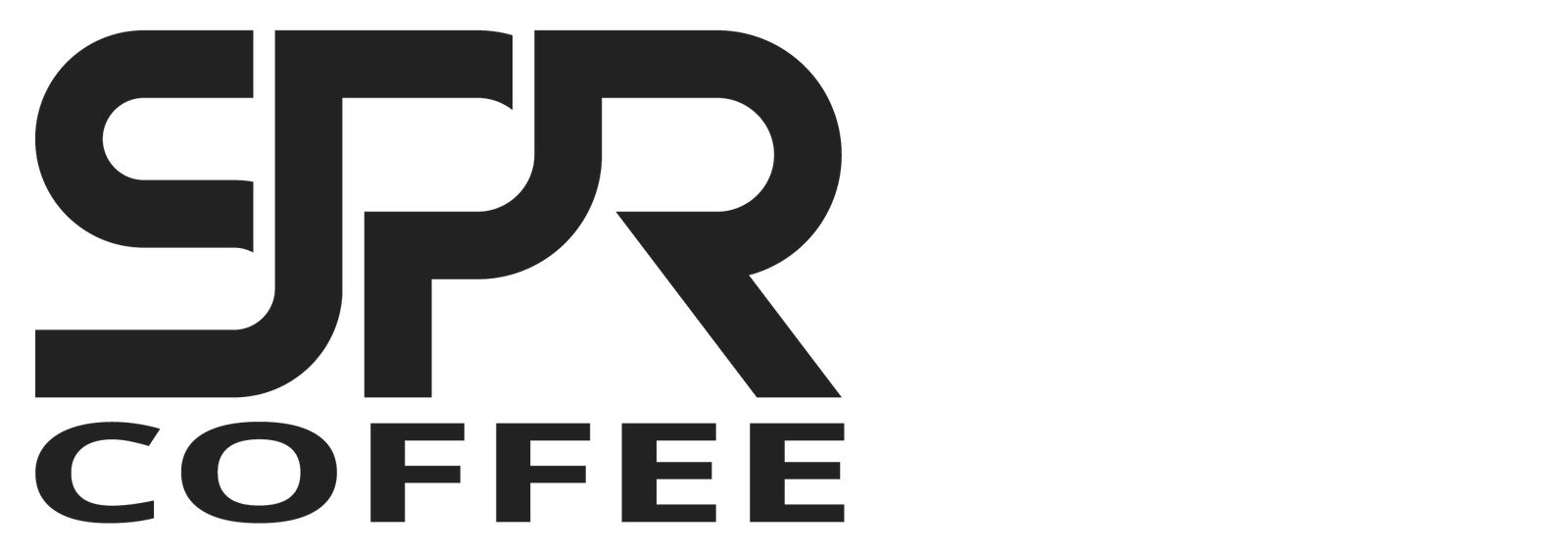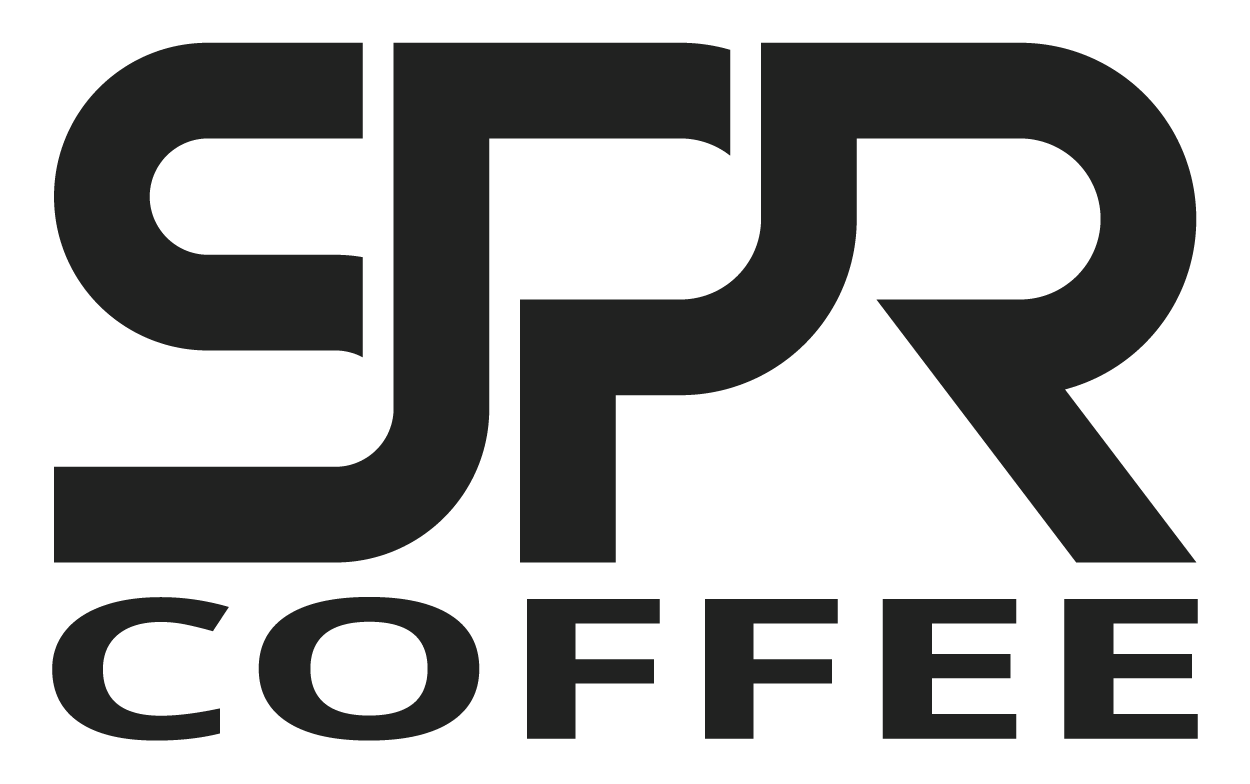When running a business, every expense matters. But what about that trusty office coffee? Is it just a perk for employees, or does it count as a legitimate business expense? The answer is more nuanced than a simple yes or no. Let’s break it down and explore whether your office coffee qualifies as a deductible business expense and why it might be worth investing in high-quality coffee for your workplace.
Yes, Office Coffee Can Be a Business Expense
The good news is that office coffee often qualifies as a legitimate business expense. In most cases, it falls under the category of “office supplies” or “employee benefits,” depending on how it’s provided.
Why It’s Deductible
- Enhances Employee Productivity: Coffee keeps employees energized and focused, which benefits your business. The IRS (or your local tax authority) typically allows deductions for expenses that contribute to a productive workplace.
- Supports Workplace Culture: Offering coffee is considered a basic perk that can improve morale, and expenses related to employee satisfaction are often deductible.
- Used for Client Meetings: Coffee served during meetings with clients or partners is seen as a business-related hospitality expense, which may also qualify for tax deductions.
What’s Covered Under Business Expenses?

Not all coffee-related expenses may qualify for a deduction. Here’s a breakdown:
Deductible Expenses
- Coffee beans, pods, or grounds purchased for employee use in the office.
- Equipment like coffee machines or grinders used exclusively for the workplace.
- Supplies such as filters, cups, or creamers for office use.
- Coffee served during business meetings or events.
Non-Deductible Expenses
- Coffee purchases for personal use or home offices (unless you’re self-employed and meet specific requirements).
- Luxury items or excessive spending on coffee (e.g., expensive café subscriptions might not always qualify).
Why Invest in Office Coffee?

Office coffee is more than just a perk—it’s an investment in your employees and workplace culture. Here’s why it matters:
- Boosts Productivity: A well-caffeinated team is more alert and efficient. Offering quality coffee shows employees you care about their performance and well-being.
- Encourages Collaboration: Coffee breaks foster informal conversations that can lead to creative problem-solving and stronger teamwork.
- Attracts Talent: Perks like high-quality office coffee can make your company more attractive to potential hires.
Tips for Managing Office Coffee as an Expense
If you plan to claim office coffee as a business expense, keep these tips in mind:
- Maintain Records: Keep receipts for all coffee-related purchases. Note whether the expense is for general employee use, meetings, or events.
- Separate Business and Personal Use: Avoid mixing personal coffee purchases with office-related expenses to ensure compliance with tax regulations.
- Set a Budget: Manage costs by setting a reasonable budget for your office coffee program, balancing quality and affordability.
Conclusion
Yes, office coffee can be a business expense—if it supports employee productivity, workplace culture, or client relationships. Beyond its tax-deductible status, investing in quality coffee pays dividends by boosting morale and creating a more collaborative, energized workplace.
If you’re ready to enhance your office coffee experience, contact Studio PR-144 Coffee Services today! We’ll help you choose the best coffee solutions for your business, so your team stays productive and happy. Contact Studio PR-144 Coffee Services to improve your coffee setup!
Disclaimer
This blog is for informational purposes only and is not intended as legal, financial, or tax advice. Tax regulations vary, and deductions may depend on your specific circumstances. For accurate and personalized tax guidance, please consult a qualified tax professional or accountant.




